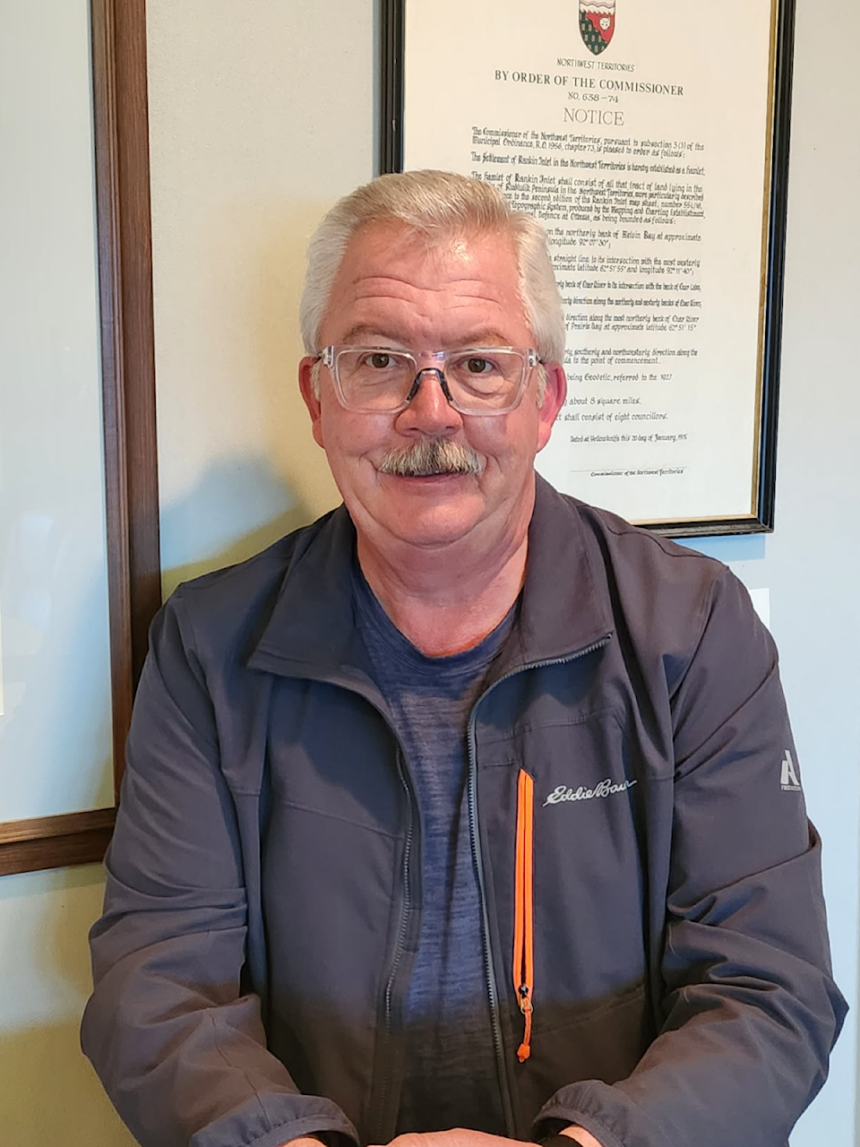The recently-announced extension of the Inuit Child First Initiative/Jordan’s Principle program has some residents of Rankin Inlet happily looking forward to a second year of additional healthy, nutritious foods for their children. The program — named in honour of Jordan River Anderson, a First Nations child who died due to delays in accessing necessary services — is intended to ensure that First Nations and Inuit children in Canada receive the services they need, when they need them, without delays or denials due to their Indigenous identity. Rankin Inlet senior administrative officer Darren Flynn said the groundwork and registration for the second year of funding have all been processed. He said the first year of the program was done on a flat fee for administration, but now the federal government wants more details provided. “We were paid a management/administration fee this past year for doing this that helped offset the expenses that we occur such as audit, rent and things like that,” said Flynn. “This year, as opposed to it just being a fixed percentage, we have to detail everything out more. It’s no big deal. “Going back to the actual eligibility, [the government is] requesting confirmation of eligibility in that they are, in fact, beneficiaries, which is something that was not requested this past year.” Flynn said, overall, the first year of the Jordan’s Principle (JP) program/Inuit Child First Initiative went well. Program delivery in Rankin Inlet saw minimal abuse, he said, and the ones who the hamlet did catch breaking the rules were given a first warning and an opportunity to repay, and then they were allowed to go back on the program. “I think we might have had a total of just six or seven clients who were in that particular situation. And, a lot of times, they were honest mistakes — like they’d be going through putting their groceries in and they’d have a few things included that were ineligible. “But then we’d look back at some of the ones that looked like they were violations and, actually, what had happened was people had paid so much on a JP card and then they used their own debit card to pay for the balance. “That’s a little sloppy for bookkeeping. So, we instructed our stores to make sure when people are buying stuff, they are put through as separate purchases — JP first and then they buy their own personal stuff on another transaction. “That way it gives us a clear audit trail to present to our funder. So, overall, it all went well.” Flynn said the ideal situation for the program is that the client self-polices, but there are people who do put it all together and, in those cases, the stores have trained their checkout personnel to make sure they are flagging all the ineligible items. The hamlet’s retailing partners have been excellent in making sure they capture this during the infrequent times it happens, according to Flynn. “Where we end up getting the odd thing, like a pack of cigarettes or a non-eligible food item charged through, a lot of times it ends up that it was a part-time person or somebody who was relatively new and maybe not 100 per cent familiar with all the rules of the program. “You get the odd flip on things like that, but, for the most part, 99 per cent of the people look after everything themselves. The other one per cent, they either inadvertently do it or they had to be reminded. “People have seen the value in this program and have been very honest in taking care of their own end of things. “The program being extended for another year means an increase in food security for the community. There’s no doubt about that. The Jordan’s Principle program has been very effective and the biggest beneficiaries are, in fact, the children. This program has been a 100 per cent success for the community.”
Wednesday, 4 Mar 2026
Canada – The Illusion
Search
Have an existing account?
Sign In
© 2022 Foxiz News Network. Ruby Design Company. All Rights Reserved.
You May also Like
- More News:
- history
- Standing Bear Network
- John Gonzalez
- ᐊᔭᐦᑊ ayahp — It happened
- Creation
- Beneath the Water
- Olympic gold medal
- Jim Thorpe
- type O blood
- the bringer of life
- Raven
- Wás’agi
- NoiseCat
- 'Sugarcane'
- The rivers still sing
- ᑲᓂᐸᐏᐟ ᒪᐢᑿ
- ᐅᑳᐤ okâw — We remember
- ᐊᓂᓈᐯᐃᐧᐣ aninâpêwin — Truth
- This is what it means to be human.
- Nokoma











